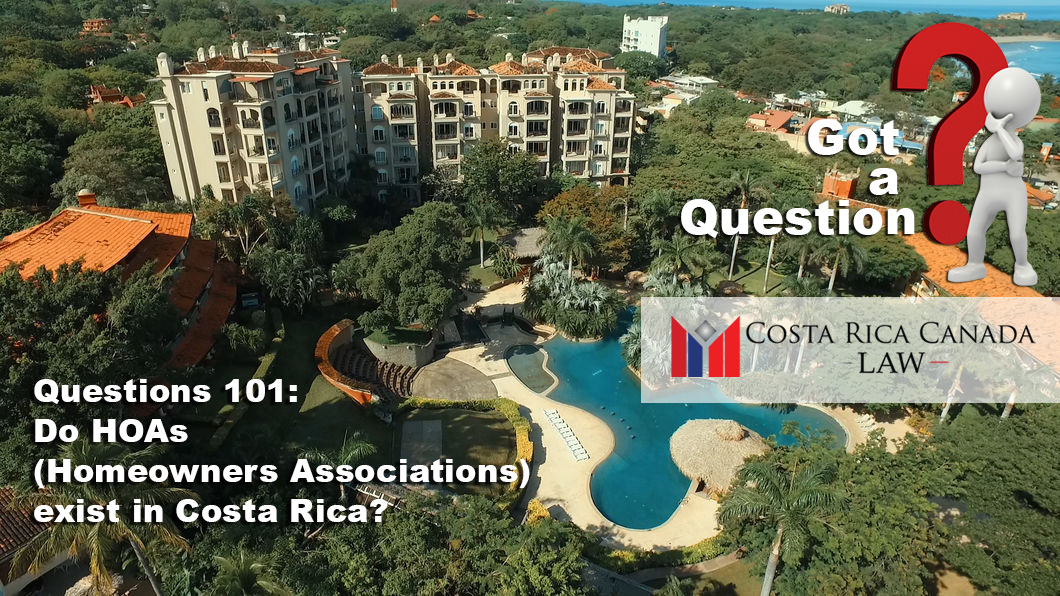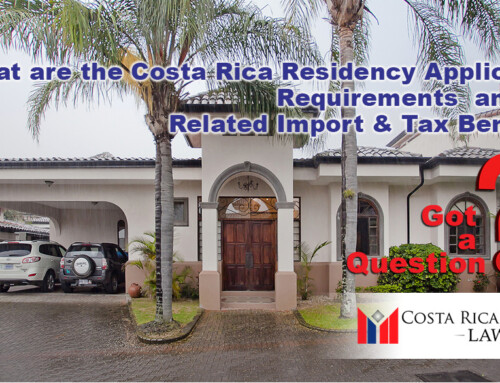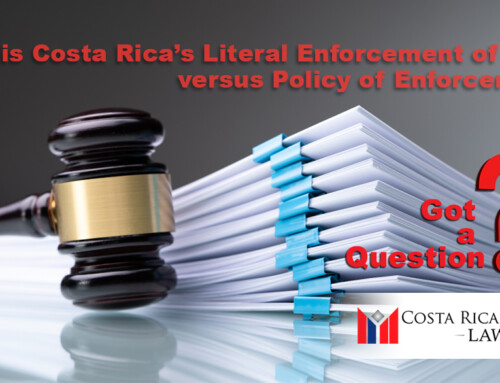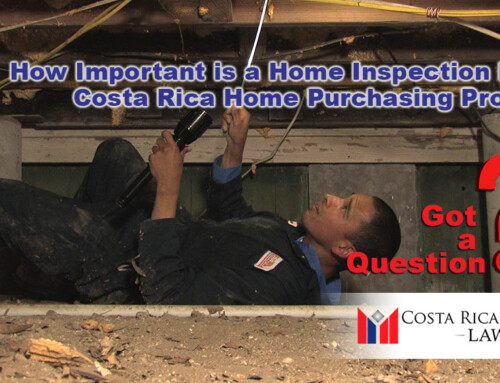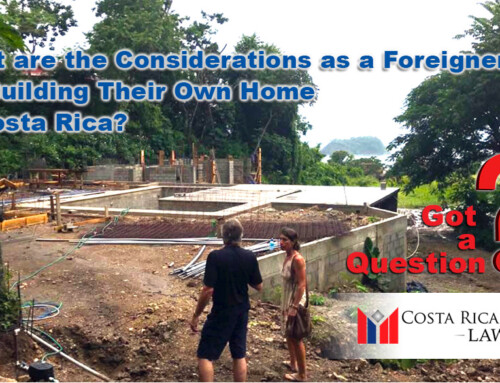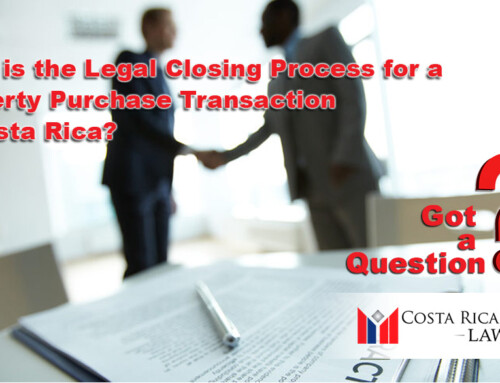The HOA Law in Costa Rica — Condominium versus Residencial
Purchasing and/or renting property in Costa Rica can be confusing for foreigners. One of the most confusing and little understood legal concepts, is the difference in the applicability and the enforcement of the HOA By-laws in the circumstances of a Condominium entity, versus that of a “Residencial” entity.
The Condominium HOA
In Costa Rica, a Condominium is a specifically created legal entity which is registered as such under the Condominium Law, in the National Registry, which registration includes a set of By-laws, known as a “Reglamento”. A legal Administrator of the Condominium is also appointed for a specified term, to administer the Condominium in accordance with the provisions of the “Reglamento”, the Administrator being given the specific legal right to do so under the Condominium Law, with duties as modified at General Meetings of the property owners as members of the HOA, legally convened from time to time.
A Condominium may be in the form of individual apartments in multi-storey buildings, townhouses, or independent home building lots. Each of the individual property units is registered in the National Registry, with its own sub-property designation in the Condominium, known as a “finca filial”. It is the “finca filial” which a party purchases, or rents from the existing registered owner, or developer. At the time of purchasing, the purchaser must agree as a term of the Property Purchase Transfer Deed, that they will be bound by the terms of the By-laws “Reglamento”, which embodies in the Administrator the delegated right of enforcement by an owner, as to the use and enjoyment of the property and common areas of the Condominium. HOA fees related to the up-keep of the common areas and penalties contained in the “Reglamento”, are enforceable for non-compliance as against a property owner under the Condominium Law. In an extreme case, the Administrator has the authority to foreclose on a property, where there has been a neglect over time by a property owner to pay any assessed fines, or HOA fees. After registration in the National Registry, these By-laws may only be amended by a two-thirds majority vote in favour taken at a General Assembly Meeting (HOA), of all of the condominium lot owners in the particular Condominium project.
The Residencial HOA
The greater confusion for would-be property purchasers arises with acquiring an interest in property developments consisting of individual lots, registered as such in the National Registry, and not being part of a registered Condominium entity. These developments are known as a “Residencial” and in many respects appear and behave in a similar manner to that of a Condominium entity. In-fact, to the untrained eye, many such developments, which are in the form of gated communities, with common areas designed for the use and enjoyment of the individual property owners, appear to be a Condominium. In most cases, such developments will also have a set of By-laws, administered by an HOA, usually having its oversight by a Board of Directors appointed by the property owners. The difference is, in a “Residencial”, compliance by the property owners with the By-laws is purely voluntary in nature. Enforcement of such By-laws is unconstitutional in Costa Rica, as being contrary to the inalienable rights of the individually registered property owners granted by Article 45 of the Costa Rica Constitution. Accordingly, property purchasers of property located in a “Residencial”, versus a registered Condominium development, must be aware that property owners cannot be forced to pay HOA assessments for the maintenance of areas which would otherwise be part of the common areas, such as interior access roads, “green zones”, and the like, or any fines levied by the HOA. This is not a well known fact by many foreigners, but is a well known fact to Costa Rica property owners. In such circumstances, property owners may be faced with paying more than their fair share for such common area items, to make-up for any shortfall in the maintenance costs arising from non-paying delinquent property owners.

